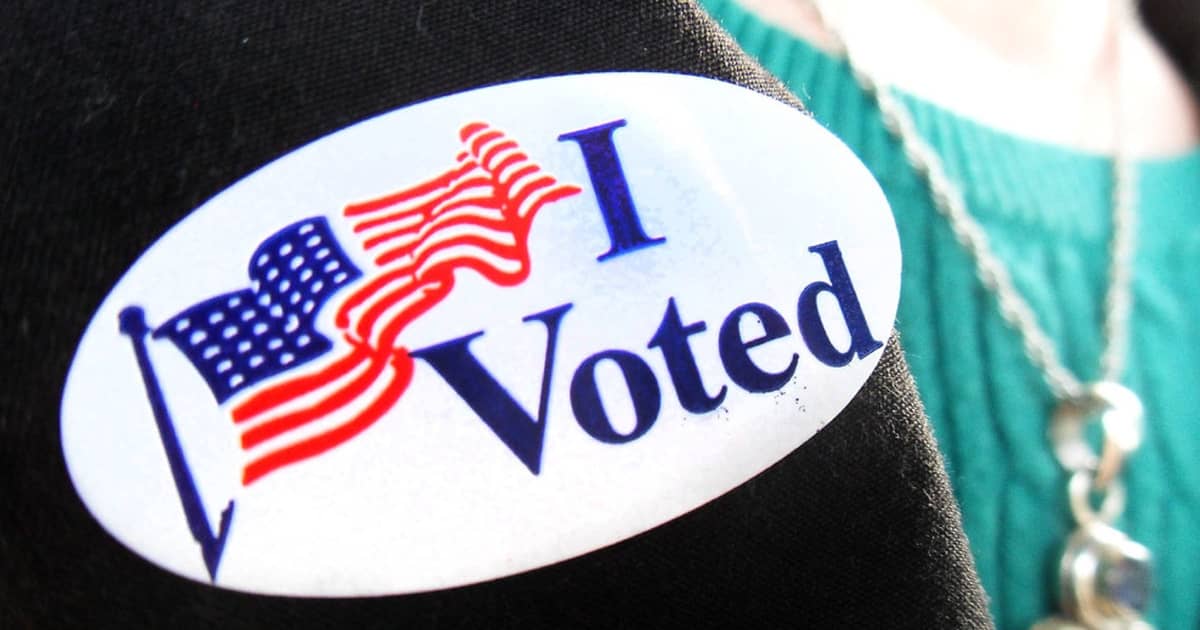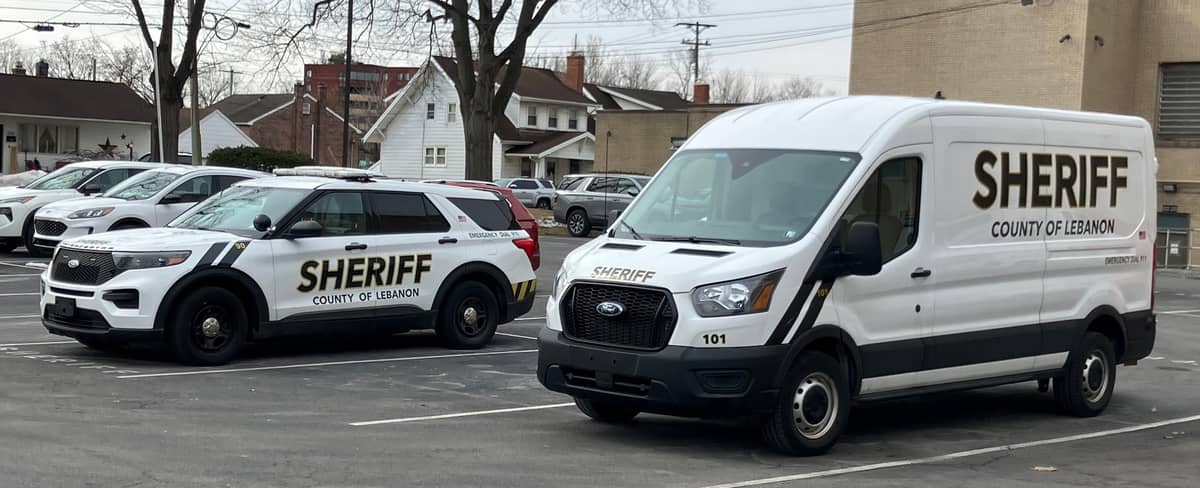Elections only happen once or twice a year, but making sure they run fairly, efficiently, and securely is a year-round job. With the May 21 municipal primary election on the horizon, we spoke with Michael Anderson, Director of the Lebanon County Bureau of Elections.
Some May 21 voters will be casting their ballots in new locations (find the list here). In response to long waiting lines at some polling places, Anderson says that the County has split each of its five busiest locations, increasing the county-wide total from 55 to 60. Those voters affected by this change have received notice by mail.
May 21 will be the last election with ES&S “Ivotronic” electronic voting machines, which have been used countywide since 2005. While the Ivotronics have been largely trouble free, save for a design flaw occasionally causing confusing screens on election day, they record votes only electronically, and do not provide a paper trail backup.
Anderson says that this design flaw is well-known, and quickly and easily fixed whenever it pops up. It has had no impact on accurate vote counts.
Starting with the November, 2019, general election, the county will be using ES&S “DS-200” voting machines, which will allow voters to either mark a paper ballot or enter their choices on an electronic screen.
Either way, a paper voting record will be generated for every ballot and stored securely along with every ballot’s electronic record.
State law requires all counties to have paper backup voting machines in place by the upcoming November election, and Anderson stressed that Lebanon County will be fully compliant and ready to go by then.
After looking at a number of replacement options, Anderson and the County Board of Elections believe that the DS-200 “is the best product on the market for ease of use and ease of setup.” Anderson also praised ES&S for its excellent customer service.
ES&S is the nation’s largest maker of electronic voting machines. In light of Russian attempts to interfere with the 2016 presidential election, some have questioned the security of ES&S machines, including the soon-to-be used DS-200.
Anderson is satisfied that the new machines are secure, based on testing and certification performed by federal and state election agencies.
Neither the old nor new ES&S machines used in Lebanon County can connect to the internet via Wi-Fi, Bluetooth, or any other remote method.
Both ES&S machines use a removable storage device—similar to a digital camera’s SD card or to a USB stick—but, just like old fashioned mechanical machines, the county’s electronic machines are stored in a locked facility when not in use, and access to them is restricted.
Additionally, Anderson pointed out that testing and calibration of the county’s electronic voting machines is done openly. Candidates, political parties, and even the general public can observe the testing and review the results.
With Russian hacking attempts on everybody’s minds nowadays, Anderson believes it is crucial to understand the separation of the centralized statewide voter registration system from individual counties’ election systems, which actually run elections and count votes.
In 2016, Russian operatives attempted, unsuccessfully, to break into Pennsylvania’s statewide voter registration system, but not into any county’s election system. Had they been successful, they could have deleted voters from the statewide rolls, and this could have prevented individuals from voting in individual counties. However, Anderson says Lebanon County keeps its own backup records of registered voters.
Even a total breach of the statewide registration system, by itself, would not have allowed vote tampering in individual counties.
It’s obvious after just a few minutes with Anderson that he takes elections very seriously and spends a lot of time thinking about how to make voting easier. He envisions a system combining just a few “voter centers” with “no-excuse” absentee ballots. Such a system would require a change in state law.
Unlike at present, anyone would be able to get a mail-in absentee ballot, even if they don’t have an excuse that prevents them from getting to the polls. This would allow voting over several weeks, in effect implementing “early voting” now allowed in other states.
Those voters who prefer the traditional way of voting in person on a machine would still have the option of traveling to a few “voter centers”—Anderson suggests the county’s high schools—to cast their ballot.
Anderson believes that such a system could not only increase turnout but save money by reducing expenses for voting machines and personnel.
It’s not just hackers, computers, and improving the system that keep Anderson up at night. He says it’s a constant struggle to find enough qualified poll workers to get training and man polling places on Election Day.
Following the May 21 primary, focus will turn to the November 5 general election. To participate, you must register to vote by October 7. Register here.
See the complete list of candidates for the May 21 primary.
























